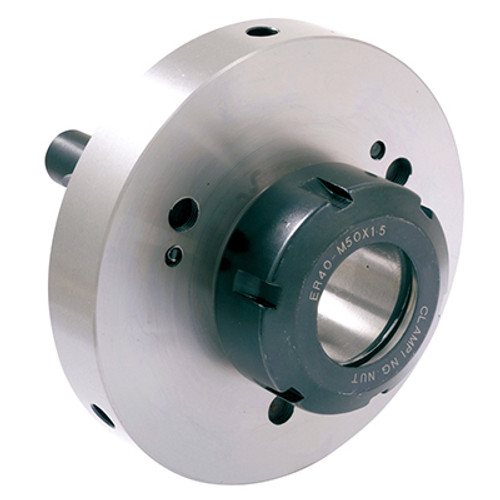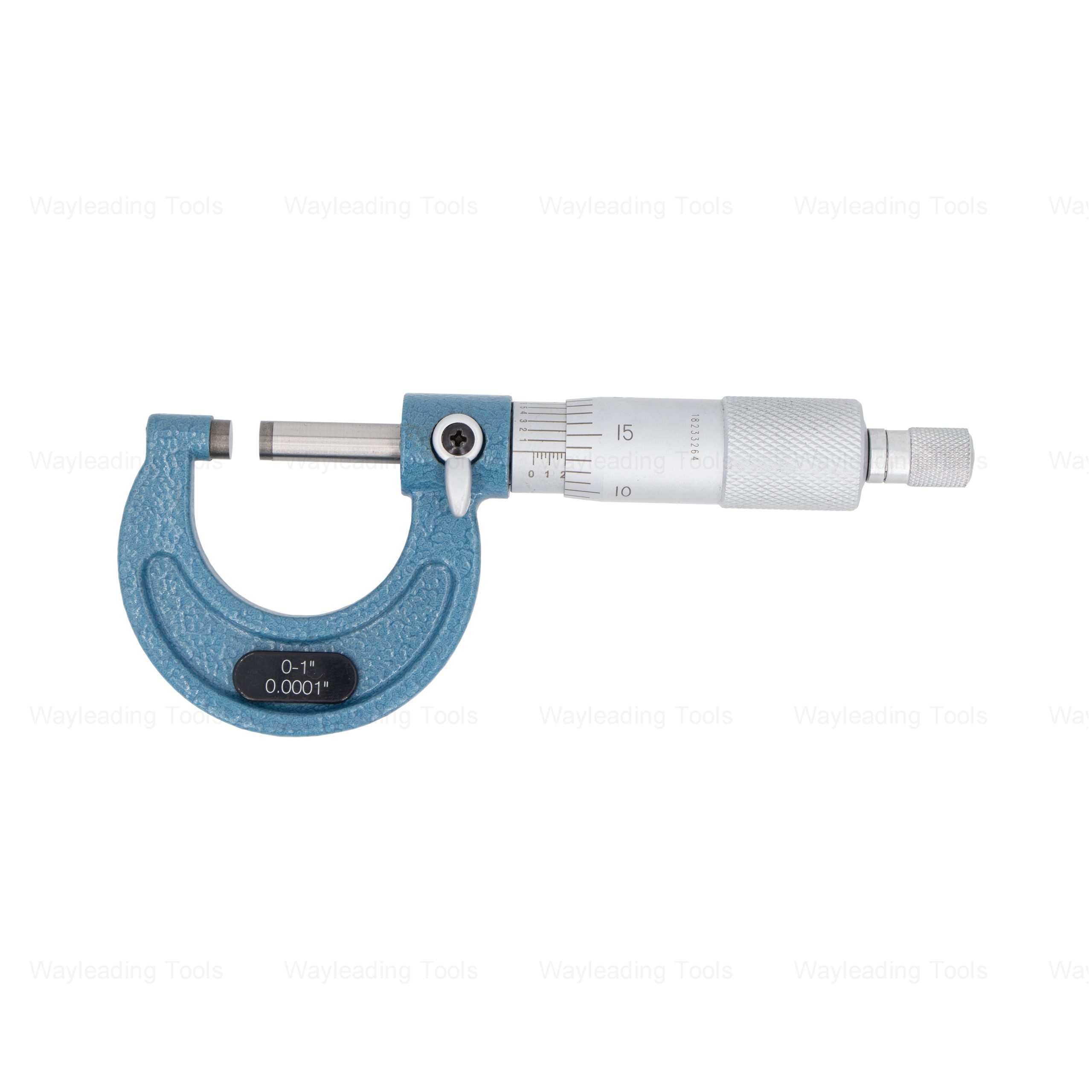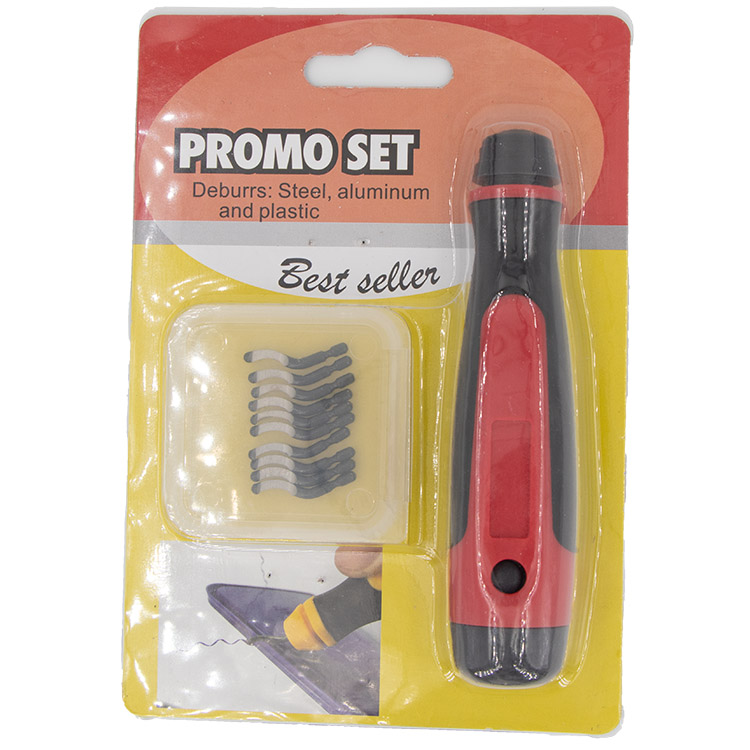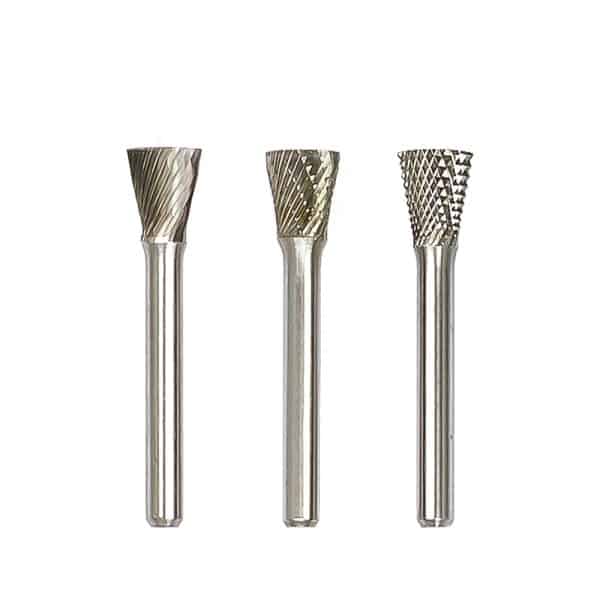metal threading tool Factory
Looking for a reliable metal threading tool factory? This guide explores the key factors to consider when selecting a manufacturer, the different types of metal threading tools available, and how to ensure you get the best quality and service. From understanding thread types and materials to navigating the manufacturing process, we provide the essential information you need.
Understanding Metal Threading Tools
Metal threading tools are essential for creating screw threads on metal components. The process involves cutting or forming a helical groove on a cylindrical or conical surface. Choosing the right tool and the right metal threading tool factory depends on the material, thread type, and desired precision.
Types of Metal Threading Tools
Several types of metal threading tools are available, each suited for specific applications:
- Taps: Used to create internal threads in pre-drilled holes.
- Dies: Used to create external threads on rods or bars.
- Thread Mills: Versatile tools that can create both internal and external threads, often used in CNC machining.
- Thread Rolling Dies: Used to form threads by displacing material, resulting in stronger threads compared to cutting.
- Single Point Threading Tools: Used on lathes to create threads one pass at a time, offering high precision and flexibility.
Common Thread Types
Understanding different thread types is crucial when working with a metal threading tool factory. Here are some common thread types:
- Unified National Coarse (UNC): A general-purpose thread commonly used in North America.
- Unified National Fine (UNF): A finer thread offering greater strength and sealing capabilities.
- Metric Coarse (M): The standard thread in most of the world, based on metric measurements.
- Metric Fine (MF): A finer metric thread similar to UNF.
- National Pipe Thread (NPT): A tapered thread used for sealing pipes and fittings.
Choosing the Right Metal Threading Tool Factory
Selecting the right metal threading tool factory is critical for ensuring the quality and reliability of your products. Consider the following factors:
Experience and Expertise
A reputable metal threading tool factory should have extensive experience in manufacturing a wide range of threading tools. Look for a factory with a proven track record of delivering high-quality products.
Manufacturing Capabilities
Assess the factory's manufacturing capabilities, including the types of equipment they use, the materials they can work with, and the range of thread types they can produce. Modern CNC machines, like those employed by Wayleading Tools (while we don't directly manufacture, we partner with excellent manufacturers), ensure precision and consistency.
Quality Control
A robust quality control system is essential for ensuring that all metal threading tools meet the required specifications. The factory should have procedures in place to inspect materials, monitor production processes, and test finished products. Request information about their ISO certifications or other quality standards.
Materials
The material used in metal threading tools significantly impacts their performance and lifespan. Common materials include:
- High-Speed Steel (HSS): A versatile material suitable for a wide range of applications.
- Cobalt Steel: Offers improved heat resistance and wear resistance compared to HSS.
- Carbide: Provides exceptional hardness and wear resistance, ideal for machining hard materials.
Consider the materials your application requires and ensure the metal threading tool factory can work with them.
Customization Options
If you require custom metal threading tools, ensure the factory offers customization options. This may include custom thread sizes, profiles, or materials. A good metal threading tool factory can adapt to your specific needs.
Pricing and Lead Times
Obtain quotes from multiple factories and compare their pricing and lead times. While price is important, prioritize quality and reliability. Longer lead times might indicate more thorough production processes.
Navigating the Manufacturing Process
Understanding the manufacturing process can help you communicate effectively with your metal threading tool factory.
Design and Engineering
The manufacturing process begins with the design and engineering phase. This involves creating detailed drawings and specifications for the metal threading tools. Clear communication of your requirements is crucial at this stage.
Material Selection
The appropriate material is selected based on the application and the desired properties of the tool. Discuss your material requirements with the factory to ensure they use the best option for your needs.
Machining
The metal threading tools are machined using various processes, such as turning, milling, and grinding. CNC machines ensure high precision and repeatability.
Heat Treatment
Heat treatment is often used to improve the hardness and wear resistance of the metal threading tools. This process involves heating the tools to a specific temperature and then cooling them in a controlled manner.
Coating (Optional)
Coatings can be applied to enhance the performance and lifespan of the metal threading tools. Common coatings include titanium nitride (TiN) and titanium aluminum nitride (TiAlN).
Inspection and Testing
The final step involves inspecting and testing the metal threading tools to ensure they meet the required specifications. This may include dimensional measurements, hardness testing, and performance testing.
Ensuring Quality and Reliability
To ensure you receive high-quality and reliable metal threading tools, consider the following tips:
- Request samples: Before placing a large order, request samples to evaluate the quality and performance of the tools.
- Visit the factory: If possible, visit the factory to assess their facilities and manufacturing processes.
- Communicate clearly: Clearly communicate your requirements and expectations to the factory.
- Establish a quality control plan: Work with the factory to establish a quality control plan that meets your needs.
Where to Find a Metal Threading Tool Factory
Finding a reputable metal threading tool factory requires research. Here are some resources:
- Online directories: Websites such as Alibaba, Global Sources, and ThomasNet list metal threading tool factories from around the world.
- Trade shows: Attend industry trade shows to meet with potential suppliers and see their products firsthand.
- Referrals: Ask for referrals from colleagues or other businesses in your industry.
While Wayleading Tools focuses on distributing and sourcing quality tools, we have built strong relationships with reputable manufacturers. Contact us through www.wayleading.com if you need help finding the right manufacturing partner.
Cost Considerations
The cost of metal threading tools varies depending on the material, size, thread type, and quantity ordered. Consider these factors when budgeting:
- Material costs: Carbide tools are generally more expensive than HSS tools.
- Manufacturing complexity: Custom threads or complex designs may increase costs.
- Order quantity: Larger orders often qualify for volume discounts.
Obtain quotes from multiple metal threading tool factories to compare pricing and find the best value.
Conclusion
Selecting the right metal threading tool factory is crucial for ensuring the quality, reliability, and performance of your products. By understanding the different types of tools, thread types, materials, and manufacturing processes, you can make an informed decision and find a supplier that meets your needs. Remember to prioritize quality, communicate clearly, and establish a robust quality control plan.
Disclaimer: This article provides general information about metal threading tools and manufacturing processes. Always consult with a qualified engineer or tool specialist for specific applications.
Related products
Related products
Best selling products
Best selling products-
 F1 Precision Boring Head With Metric & Inch
F1 Precision Boring Head With Metric & Inch -
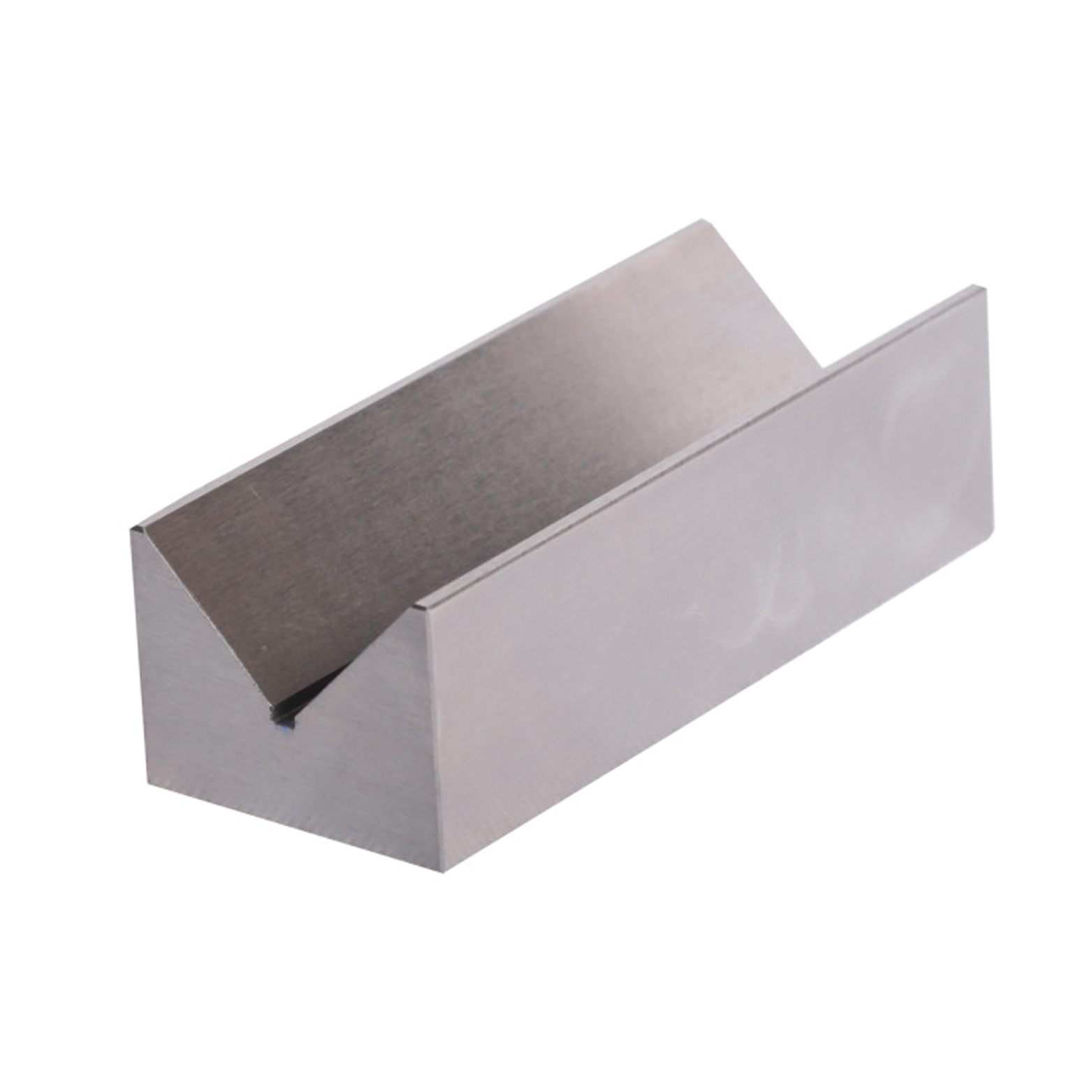 Precision V Block Set With Industrial Type
Precision V Block Set With Industrial Type -
 Precision Monoblock Fine-Adjustment Vernier Caliper Of Metric & Imperial For Industrial
Precision Monoblock Fine-Adjustment Vernier Caliper Of Metric & Imperial For Industrial -
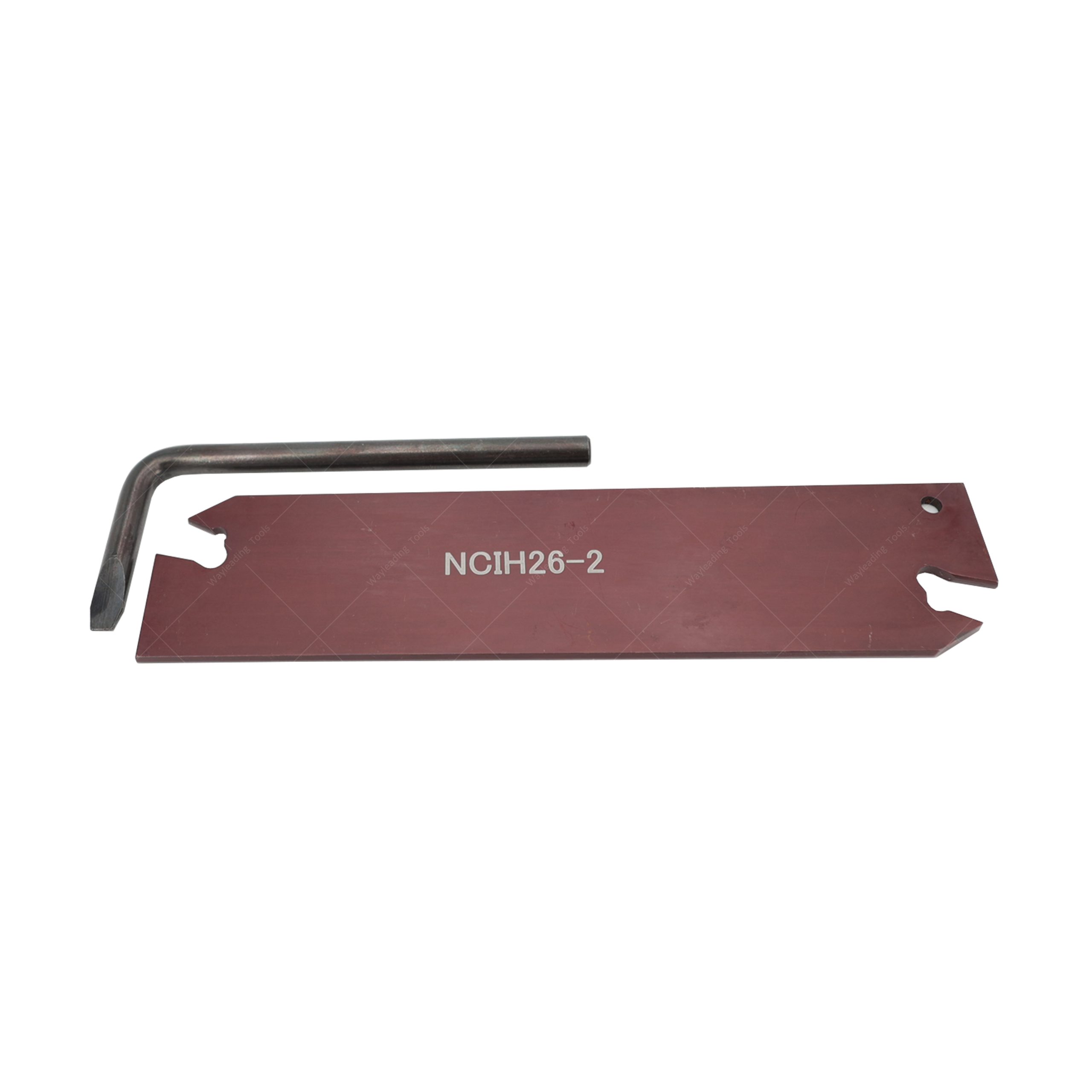 Parting & Grooving Tool Blades For GTN Blades
Parting & Grooving Tool Blades For GTN Blades -
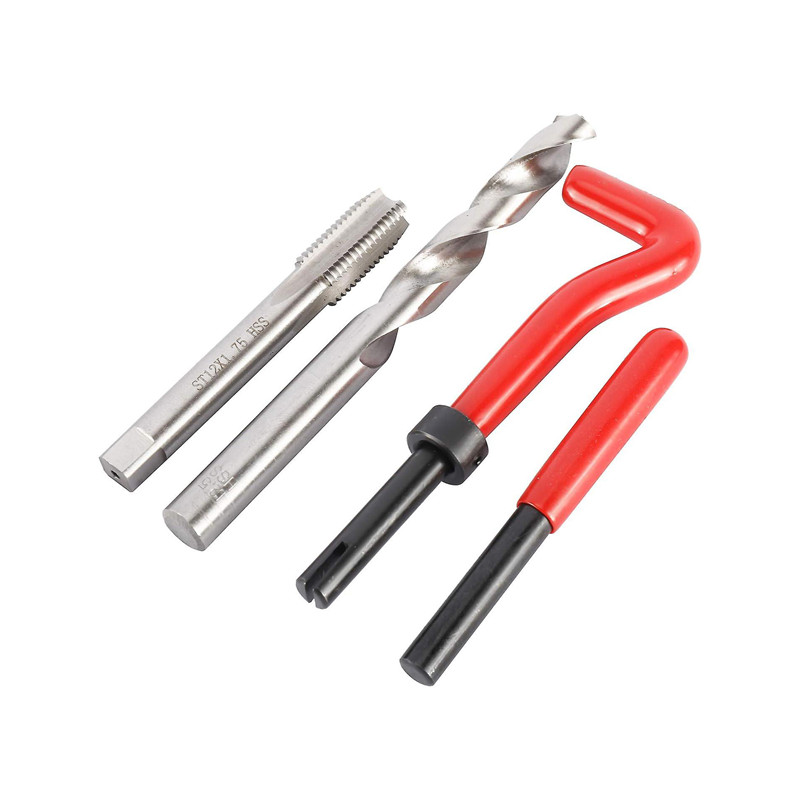 131PCS Thread Repair Set And Helicoil Type Thread Repair Set
131PCS Thread Repair Set And Helicoil Type Thread Repair Set -
 HSS Inch 4 Flute End Mills With Bright Or TiN And TiAlN Coated
HSS Inch 4 Flute End Mills With Bright Or TiN And TiAlN Coated -
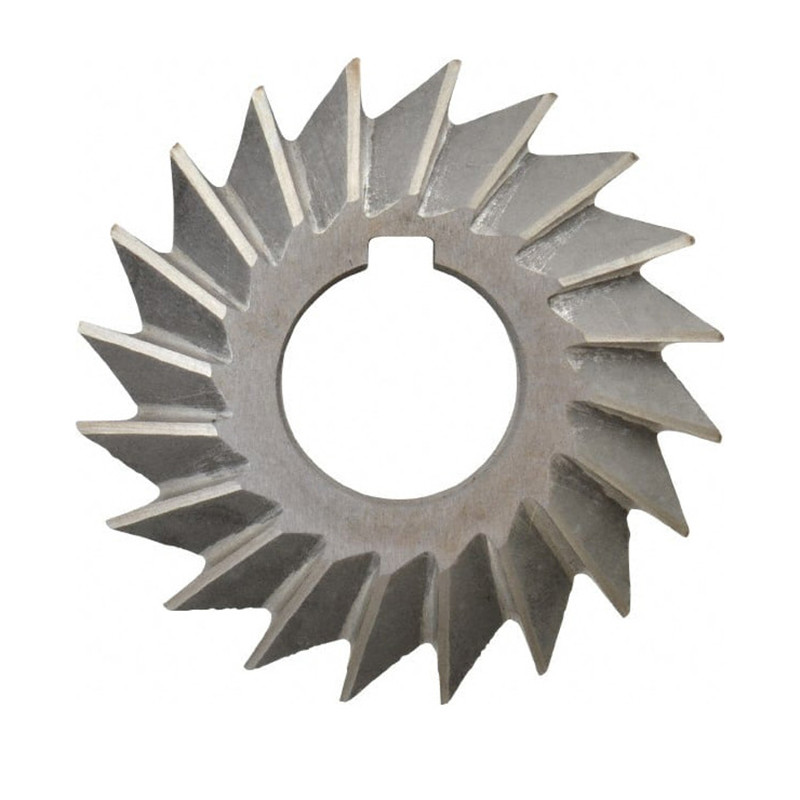 HSS Inch & Metric Single Angle Milling Cutter For Industrial With Bright Or TiN Coated
HSS Inch & Metric Single Angle Milling Cutter For Industrial With Bright Or TiN Coated -
 Metric HSS 13mm Reduce Shank Drill Bit For Metal Cutting Of High Precision
Metric HSS 13mm Reduce Shank Drill Bit For Metal Cutting Of High Precision -
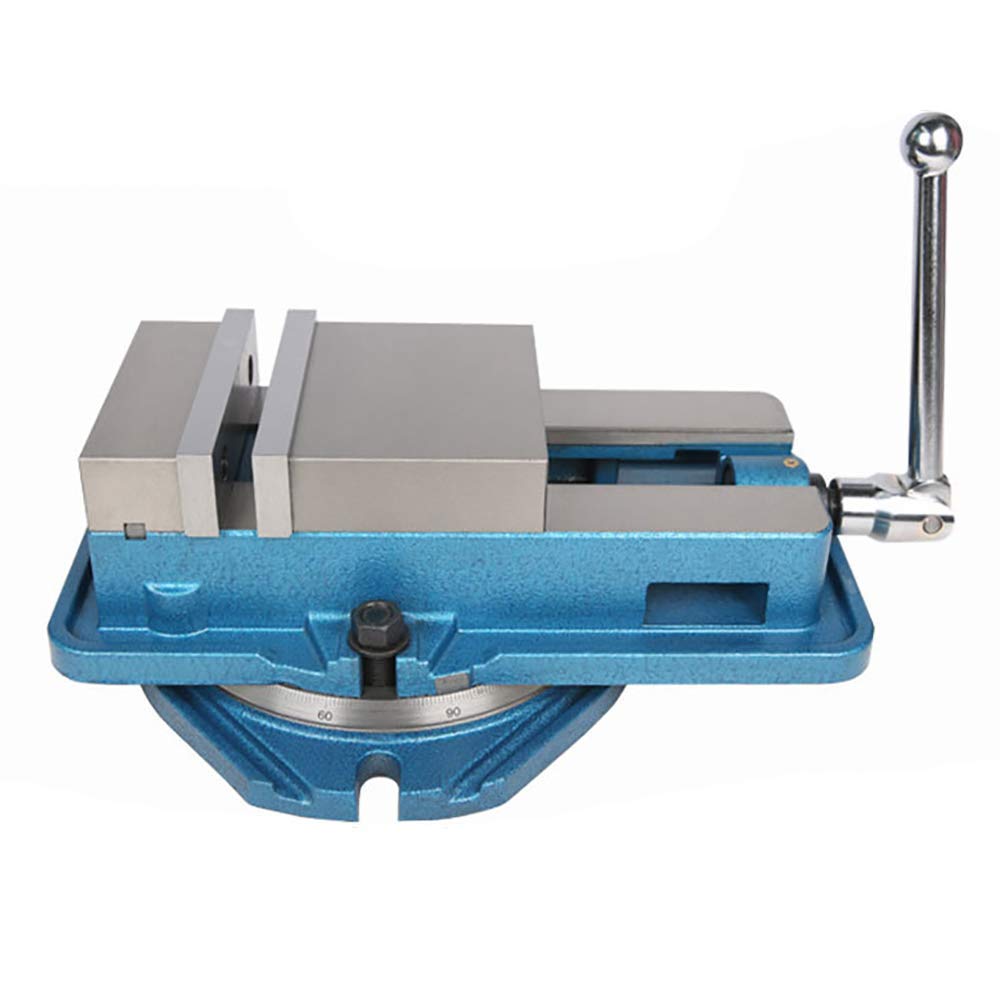 QM ACCU-Lock Precision Machine Vises With Swivel Base
QM ACCU-Lock Precision Machine Vises With Swivel Base -
 Digital Indicator – Precision Type, Inch/Metric, Industrial Grade
Digital Indicator – Precision Type, Inch/Metric, Industrial Grade -
 Plain Back ER Collet Fixture With Lathe Collet Chuck
Plain Back ER Collet Fixture With Lathe Collet Chuck -
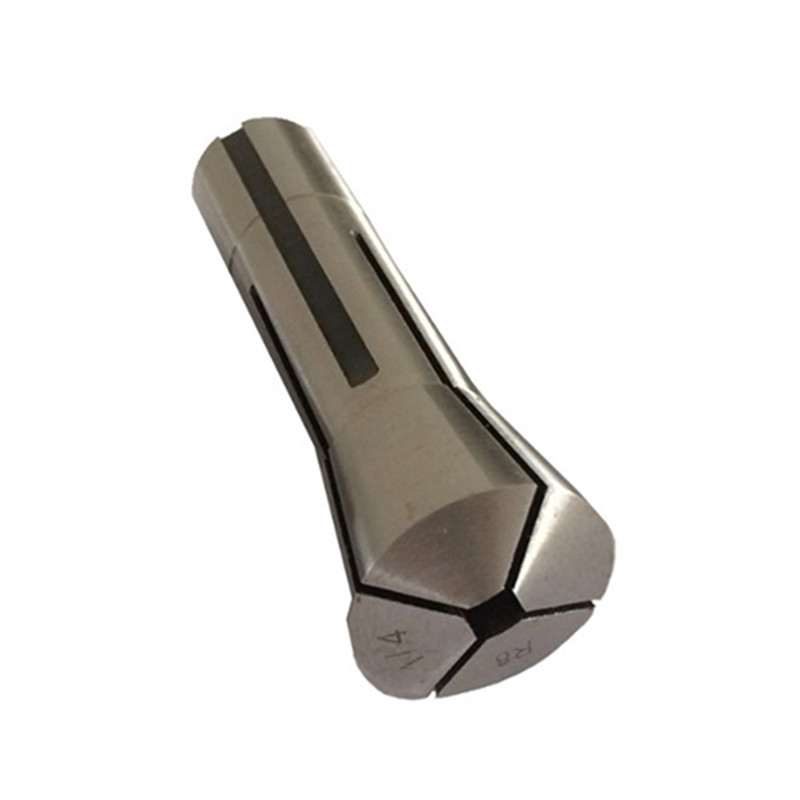 R8 Square Collet With Inch and Metric Size
R8 Square Collet With Inch and Metric Size

